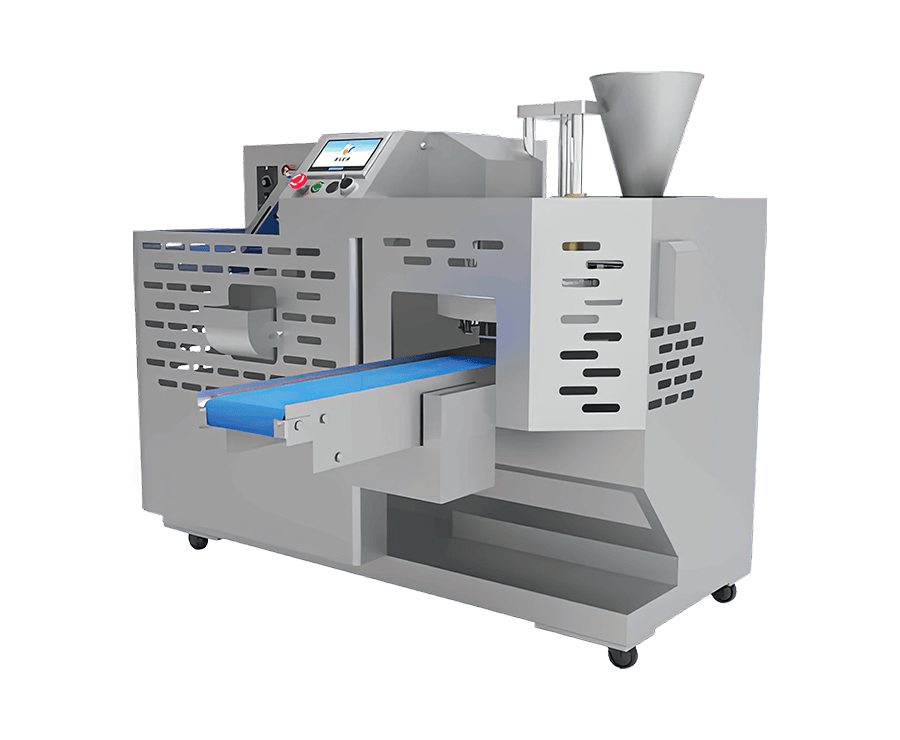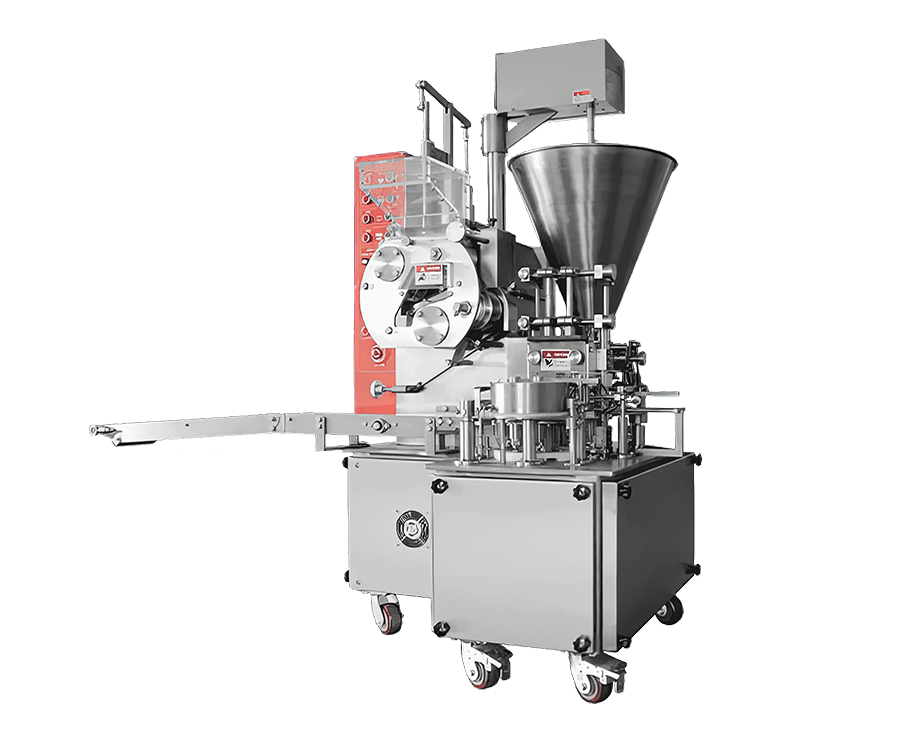How Precision Temperature Control Enhances Lumpia Wrapper Quality and Production Stability
In the world of commercial lumpia production, the consistency and quality of each wrapper rely heavily on precise thermal control during cooking. A lumpia making machine isn't just about shaping or forming thin dough sheets—it's a carefully engineered system where temperature stability plays a central role. With wrapper thickness often ranging between 0.28mm to 0.6mm, even minor temperature deviations during the roasting phase can result in cracked, uneven, or undercooked products, leading to higher waste and lower yield. That's where advanced temperature control technology makes a noticeable difference in industrial food processing.
Many low-end machines struggle with fluctuating heat levels due to manual thermostats or basic control loops. In contrast, a professional lumpia wrapper machine equipped with an automatic temperature control system—accurate to ±1℃—ensures that each batch remains uniform, no matter how long the machine runs. This level of control helps maintain consistent browning, moisture levels, and texture, which are essential for both product appeal and downstream processability like rolling and filling. For factories producing thousands of wrappers per hour, that precision translates directly into operational efficiency and customer satisfaction.

A key technical challenge in flake food production is the dynamic nature of dough. Depending on temperature, humidity, and composition, its behavior on the heated baking wheel changes. Without a responsive thermal system, even small inconsistencies in surface temperature can lead to sticking, blistering, or drying out of the wrapper edges. That's why leading-edge spring roll skin machines integrate sensors and control software that continuously adjust heat delivery in real time. Instead of setting a temperature and hoping for stability, these systems actively manage heat to accommodate production variables.
This is especially important when dealing with continuous production environments, where the machine must operate for hours without interruption. Variations in ambient factory temperature, fluctuations in input material consistency, and even minor changes in cooling system performance can all affect the end product if the temperature control isn’t reliable. A lumpia making machine with robust thermal regulation eliminates these vulnerabilities, providing not just a better wrapper, but also peace of mind for production managers and engineers alike.
In addition to quality, safety is another critical consideration. Excessive or uneven heating doesn’t just affect the product—it can degrade machine components over time, increasing maintenance costs and downtime. A system that holds its temperature within a tight range helps preserve the integrity of the baking wheel and heating elements, ensuring longer equipment lifespan. For customers who prioritize total cost of ownership, this is a long-term advantage that shouldn't be overlooked.
Ultimately, when selecting a lumpia wrapper machine, understanding the role of temperature control is crucial. It’s not just a technical detail—it’s a core part of the product’s value proposition. Investing in a machine that offers fine-grained temperature precision is an investment in smoother operation, higher product quality, and better scalability. For businesses aiming to meet growing demand without compromising on quality, this feature isn't just beneficial—it’s essential.
At our company, we've spent years refining every element of our lumpia making machines to meet the real-world demands of food manufacturers. Our precision-controlled heating systems are just one example of how thoughtful engineering leads to better results on the production line. Whether you're scaling up or optimizing an existing setup, we’re here to provide solutions that are reliable, efficient, and built for the future of food manufacturing.

 English
English Español
Español Français
Français русский
русский عربى
عربى






Contact Us